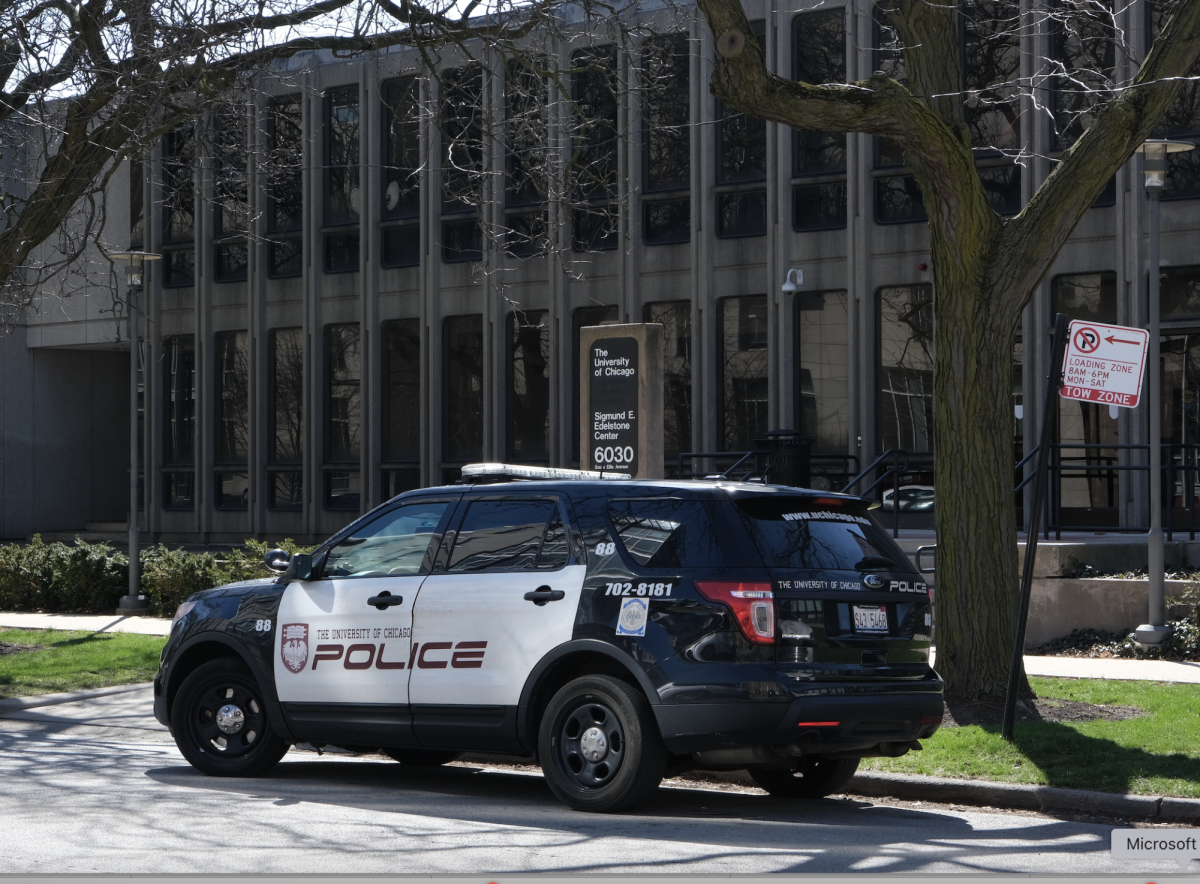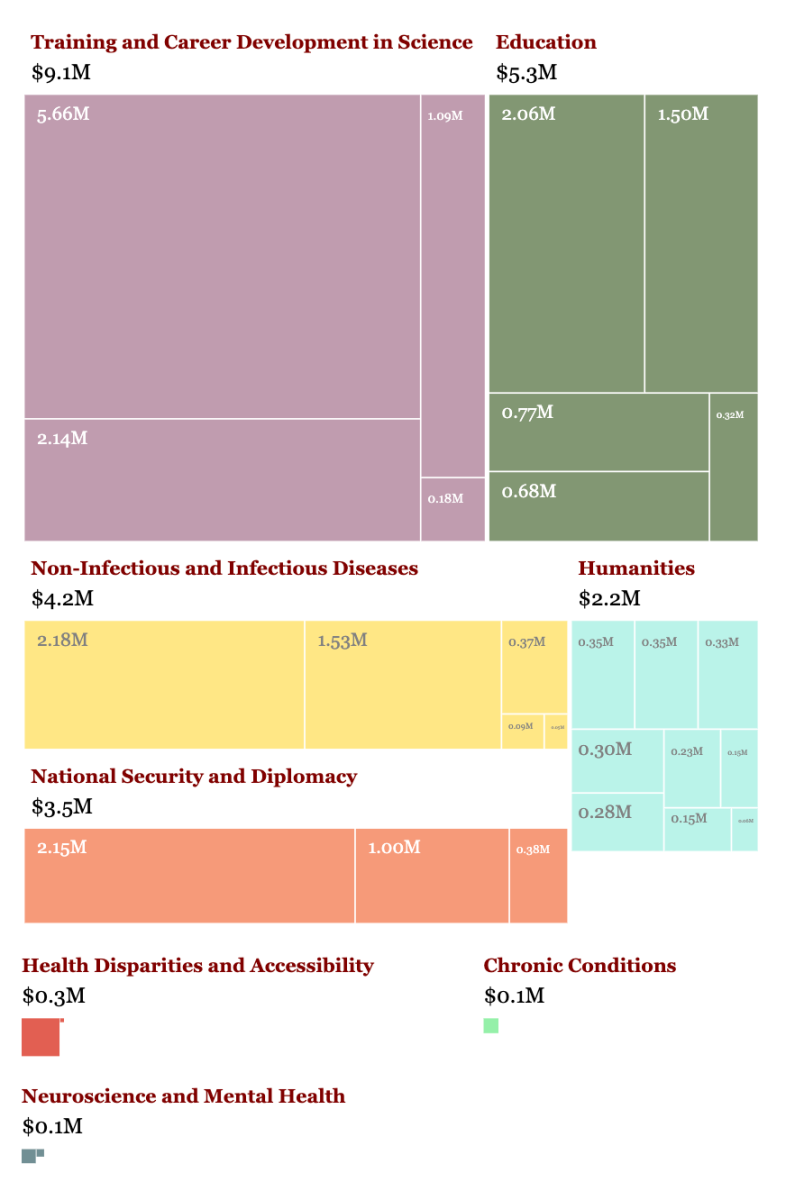This article is exclusive online content in association with the spring 2012 edition of Grey City.
Since 2009, Marlon Lynch has served as chief of the University of Chicago Police Department (UCPD). Named one of the top 25 Most Influential People by Security Magazine in 2008, Lynch oversees a police force responsible for patrolling between East 37th Street and 65th Streets and South Cottage Grove Avenue to Lakeshore Drive. A Chicago native, Lynch sat down with the Maroon to discuss how his responsibilities have changed since he became Chief of Police, differences between the UCPD and a public police force, and pressing security issues on campus. The following interview was conducted over e-mail.
Chicago MAROON: Back in 2009, you were appointed Associate Vice President for Safety and Security at the University of Chicago. Today, in addition to being Associate Vice President, you are also Chief of Police. How have your duties and role within the University of Chicago community changed in the last three years?
Marlon Lynch: Yes, the position and the department has evolved. When I arrived the Department of Safety & Security only consisted of UCPD and Transportation & Parking Services. Today it not only consists of UCPD and Transportation & Parking Services; it also includes UC Medicine Public Safety, Security Systems, and Management Operations. The addition of these divisions has placed all of the institution’s police and security functions under one area.
CM: You joined the University of Chicago in 2009 after spending four years at Vanderbilt University in Nashville. What was that transition like? Are the two campuses and communities very different?
ML: The transition had to be made quickly but efficiently. A needs assessment was completed, a plan of action was drafted, and it has been implemented over the past 3 years. It was a welcomed transition and has been completed with the assistance of our campus and community partners.
The two campuses are similar. They share the following traits: reputable academic institutions, on campus medical centers, and set in an urban environment. The communities are different in the following ways: Vanderbilt has a large Greek life population, division one athletics with large athletic venues, and 98% of the students reside on campus; University of Chicago is just the opposite.
The most significant adaptation to meet the specific needs of the University of Chicago has been establishing a proactive community oriented policing philosophy on campus by building internal partnerships with Campus & Student Life, student leaders, and others. As well as, providing police services to our neighboring communities by collaborating with the Chicago Police Department.
CM: As a Chicago native, what was it like returning home?
ML: I love the city and always have. Not only do my parents, brother, grandparents, and others still reside here; my wife’s parents, sister, and grandparents are also here. They had been pressing us to return home for years. But we always said we would only return for the right opportunity and The University of Chicago was it.
CM: You are one of the nation’s most recognized figures in campus security, and you are currently an associate at Margolis Healy, a firm specializing in campus safety. What are some security-related issues that are most important to you personally?
ML: Probably the most important to me personally is that ultimately I am responsible for the well being of our community. Consequently, my priority is directly related to what the priority of our community is.
CM: Can you walk us through a typical day in the life of Marlon Lynch?
ML: It’s listed below:
- Wake up at 4:20 a.m.
- Workout from 5 a.m. – 6 a.m.
- Get the boys ready for school and leave the house by 7:45 a.m.
- Drop of the boys at school by 8:15 a.m.
- Receive my briefing of the previous day’s activities at 8:30 a.m.
- Day of meetings begins at 9 a.m.
- On campus until the last item has been addressed
CM: What do you feel is currently the most pressing security issue on campus?
ML: The most pressing security issue on campus is theft. Theft is a crime of opportunity and we have to continue to reduce those opportunities. Violent crimes are always an issue that we focus on, but fortunately they are not a frequent occurrence on campus.
CM: What are the differences between working on a private police force like the UCPD and a public force?
ML: The major difference is that in the University setting the majority of our population changes every 4 years due to graduation. That is not the case in a municipal setting.
CM: What is the strangest incident you have encountered on the job?
ML: Nothing is routine. There is always a twist.








